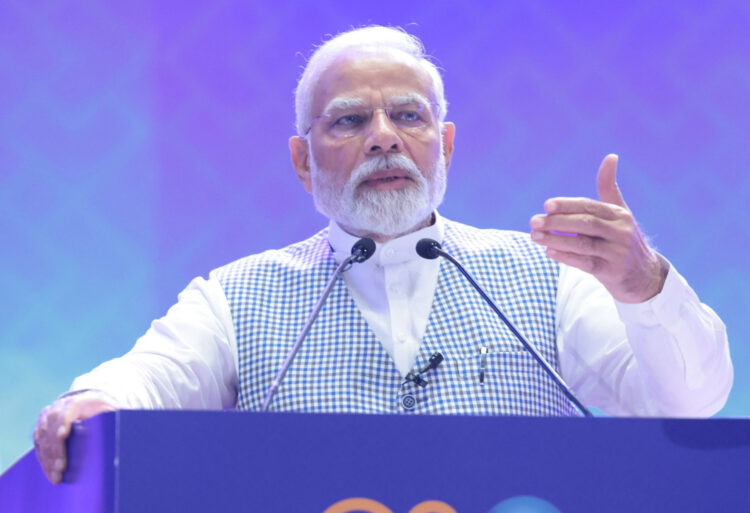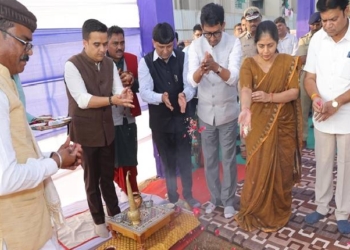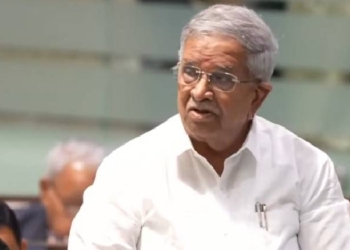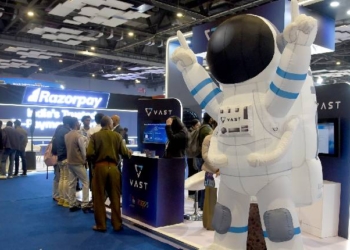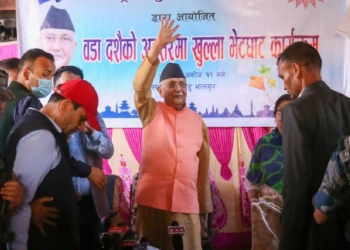Guwahati: The Prime Minister Narendra Modi on Sunday said that the government is working to bring the electricity bills of the households to zero.
While unveiling several key projects in Assam, Modi said, “We have run programs to install electricity connections in every household in the country. Now we have planned to make the electricity bills zero.”
He said that setting up roof top solar power plants for 1 crore households in the country will pave the way towards achieving zero power bills.
“In the budget, we have announced plans to put roof top solar panels in 1 crore houses. This will not only bring down the electricity bills to zero, the people can have their own electricity generation system in the homes. They can even sell the electricity generated through solar power roof top system to earn money,” Modi said in a massive public rally here.
He said that the announcements were made in the latest budget of the union government to invest at least Rs 11 lakh crores in infrastructure development in the next one year.
“Prior to 2014, the Central government used to spend 12 lakh crores in infrastructure in 10 years. We have set a target to invest almost the equal amount of money in just one year.
“Last year, I made an announcement to produce 2 crore Lakhpati Didi in the country. In just one year, we could have made 1 crore women as Lakhpati. In this year’s budget, we have stretched the aim and now we will make a total of 3 crore women as Lakhpati Didi,” he said.
Modi said that some of the Lakhpati Didis also came to attend his rally in Guwahati on Sunday.
He also took an indirect jibe at former Prime Minister Manmohan Singh.
“Earlier, the roads in Assam were so horrible that people could find it hard to travel from one district to another. There were continuous roadblocks and agitation despite the fact that the then Prime Minister of the country was known to be associated with Assam,” he said.
The Prime Minister added, “But the situation has massively changed in the last 10 years. Assam and northeast will become a hub of trade in the upcoming years.”
(IANS)




